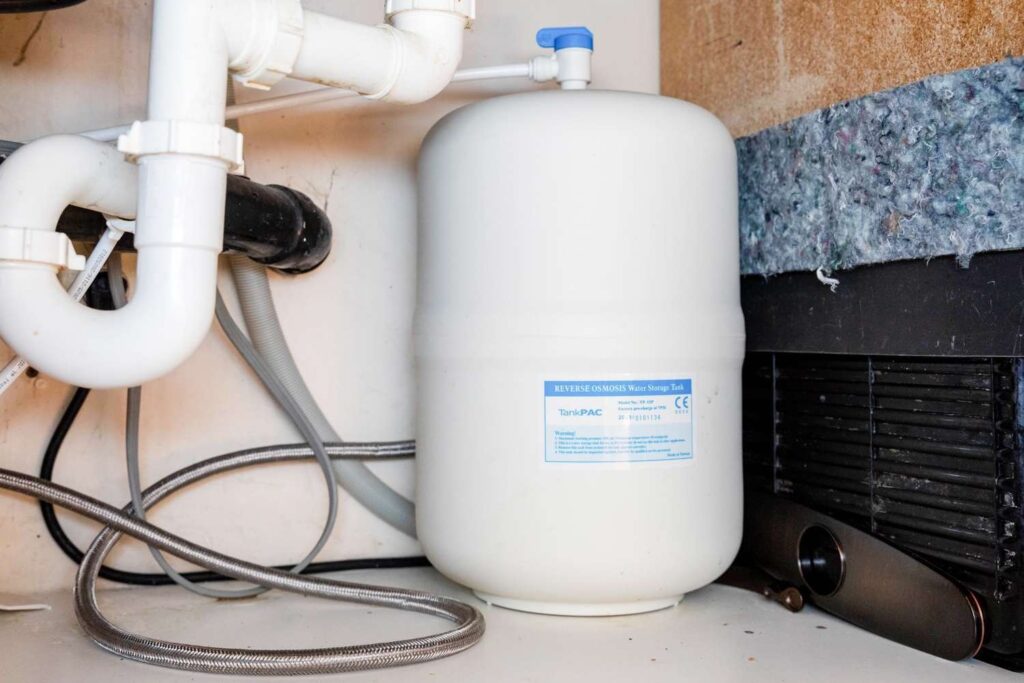Naturally, water consists of minerals, including calcium and magnesium. However, when your water has them in high amounts, you have hard water that may be rough on your appliances and have an odd taste, color, or smell. You, however, can soften that water and reduce the presence of these minerals. Here’s what you should know about that process from Superior Plumbing, Heating & Air-Conditioning, Inc.
Is Water Softening Necessary?
First and foremost, minimizing the mineral content in your water isn’t necessary. It’s a personal preference that you may choose if you’re having issues with calcium deposits in your water tank or are noticing your coffee pots don’t last long, among other issues.
Ultimately, you may be able to extend the life of your appliances and reduce the nuisance of calcium buildup on them with a water softener. Plus, if you’re not a fan of the color, taste, or smell of your water, this can help.
Determining if Your Water Is Hard or Soft
You may notice the following if you have hard water:
- Hair doesn’t have shine after you wash it
- Residue on your hands when you wash them
- Rough or stiff clothing after washing them
- Spots on your dishes after you wash and rinse them
- Dry or itchy skin
- Experience frequent plumbing issues
- Build-up in your shower
- Streaking or rings in your toilet bowl
Your water company may already soften the community water supply. Therefore, you may want to contact them and ask before you think about buying a water softener.
You may purchase a test if you’d like to confirm or know how hard your water is. A plumber can also perform accurate testing and determine how hard your water is.
How Water Softening Works
The water-softening process is fairly simple. A plumber will install a water softener that all your water will pass through. It has a media tank with beads inside of it. The beads attract those minerals, which allows them to remain inside the media tank while the softened water exits into the home’s water system.
Keep in mind that your softener may only partially soften your water, depending on its quality and mineral concentration.
Benefits of Water Softening
If you choose to have a water softener, you may experience a variety of benefits from it, including:
- Extend the life of your water-using appliances, i.e., coffee pot, washing machine
- Spot-and-streak-free dishes
- Lessens soap film in bathtubs, sinks, and washing machines
- Prevents mineral build-up in your fixtures, water heater, and pipes
- Better tasting water
Any Considerations
Some water softeners use sodium to soften the water. Therefore, if you or someone in your home have any health problems that an increased sodium intake could affect, you must be careful which softener you use since some use sodium. Examples of health issues affected by sodium include:
- High blood pressure
- Heart problems
- Kidney disease
You may not want to soften your water because of the minerals it removes from your water. Your body requires iron, magnesium, and calcium. As a result, if you reduce those levels with a water softener, you’ll need to replenish them through diet or supplementation.
You need to maintain your water softener for it to work properly. Therefore, if you decide to get one, make sure you read the manufacturer’s instructions and talk to the plumber who installs it. Additionally, follow the instructions carefully.
A water softener may be beneficial to you, your family, and your appliances, though there are some drawbacks. Fortunately, if you decide you want one, a plumber can install it and guide you on proper use.
You may also like
-
Crowd Control to Crisis Management: The Essential Role of Security Guard Services in Large Event Protection
-
The Environmental Impact of Aircon Replacement: What You Should Know
-
Why Solid Oak Doors Are a Smart Investment for Your Home
-
The Hidden Cost of Not Deep Cleaning Your Singapore Home
-
7 Waterproofing Methods Used in Singapore – Explained!

